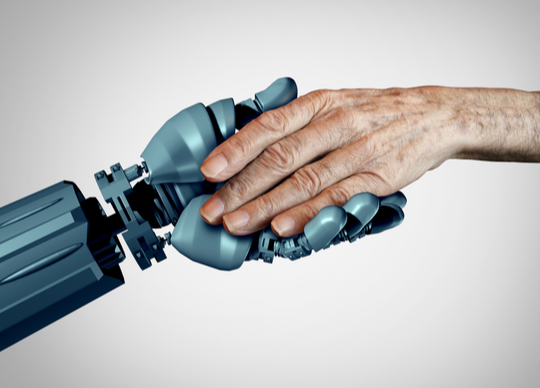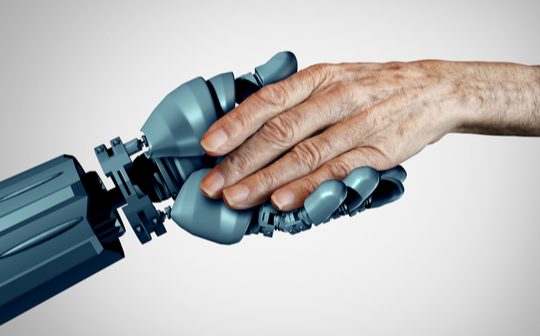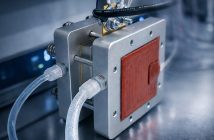
Leading members of NSW universities, industry and government have met for the second Ageing Grand Challenge Forum, hosted by the NSW Smart Sensing Network (NSSN).
NSSN Chair Dr Susan Pond AM said the Ageing Grand Challenge will drive collaboration between over 100 researchers and over 10 research centres within our network of universities, all with direct expertise and R&D capabilities in this area.
“We will build a safer, smarter and more reliable future for ageing Australians, and create smart and connected infrastructure designed to accommodate the unique needs of individuals, at home, in hospitals and aged care settings,” Dr Pond said.
Minister for Science, Innovation and Technology Alister Henskens said the challenge facing the nation is creating an age-friendly future for seniors.
“The pandemic has driven aged care and healthcare providers alike to re-evaluate the extent to which technology can improve their operations,” Mr Henskens said.
“Smart sensing solutions ranging from wearable real-time monitors which can report vital signs, falls and strokes to smart homes that empower individuals to live on their own, hold the promise to revolutionise our approach to healthy ageing.”
Minister for Seniors Mark Coure agreed, adding that it was important Governments include the future of seniors into their decision-making.
“We have an incredibly important role to support seniors not just now but well into the future,” Mr Coure said.
“With that, we need to ensure we have not just created the right environment for seniors to thrive, but where they can be empowered to still be active contributors to society.”
“That is exactly what we are doing now by funding programs and initiatives, which keep seniors engaged with the increasingly digitised world around them.”
NSW Chief Scientist & Engineer, Professor Hugh Durrant-Whyte said the Ageing Grand Challenge was one of several important problem areas tackled by the NSSN.
“The NSSN was created by the NSW Government to bring together NSW’s world-class researchers with government agencies and industry to develop innovative smart sensing solutions to challenges including ageing, bushfires, COVID-19, mining transition, smart places and water resources” Professor Durrant-Whyte said.
The NSW Government, through the Office of the NSW Chief Scientist & Engineer, currentlysupports four innovation networks: the NSW Smart Sensing Network, the NSW Defence Innovation Network, NSW Circular and the Space Research Network.






